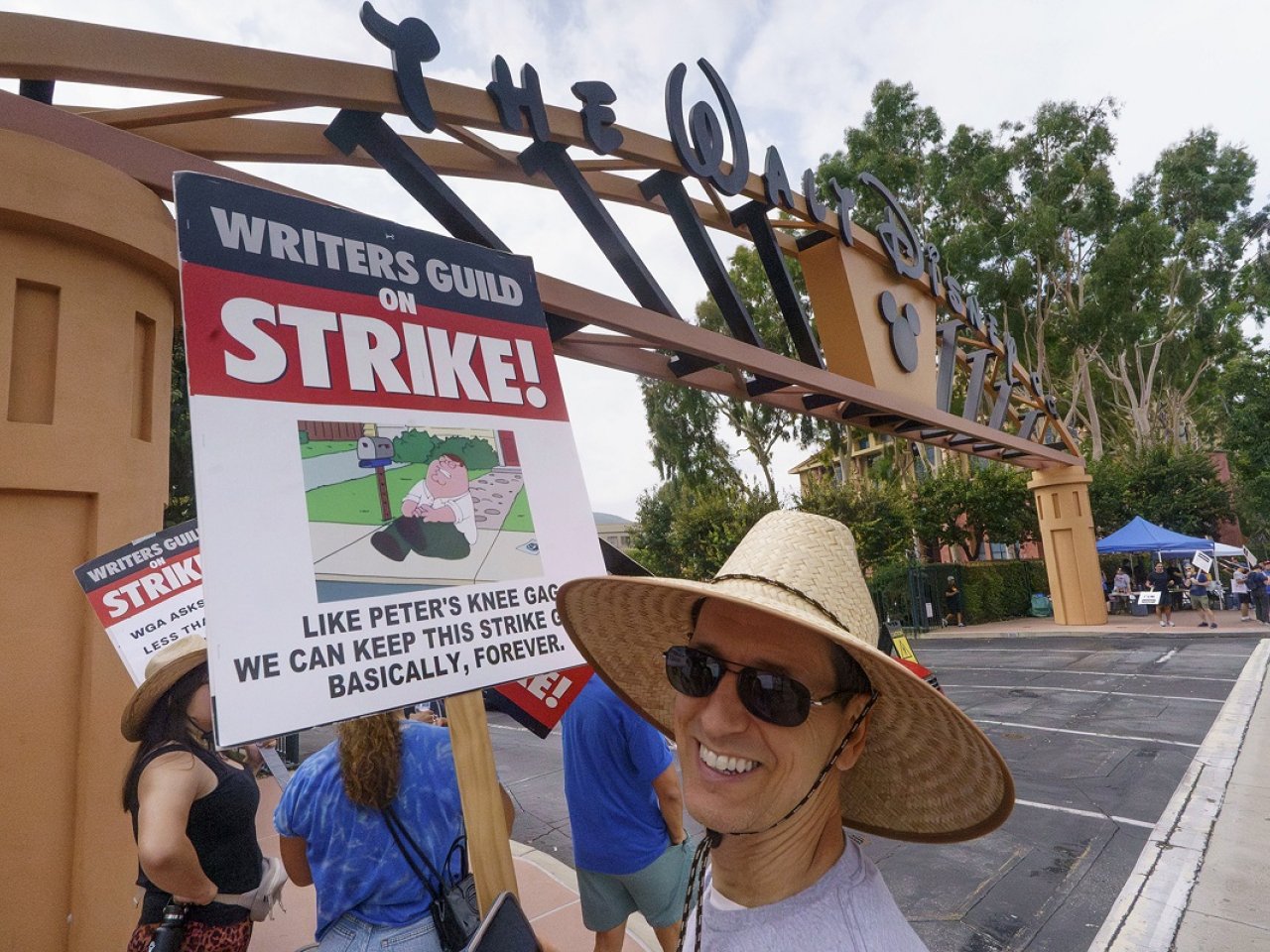After five months of turmoil in Hollywood’s film and television production due to a strike called by the Writers Guild of America (WGA), the union’s members have voted to approve a new three-year contract with major studios. The WGA announced that an overwhelming 99% of approximately 8,500 votes supported the deal, which includes pay raises, protections related to the use of artificial intelligence, and other benefits.
Meredith Stiehm, President of WGA West, expressed satisfaction, stating, “Together we were able to accomplish what many said was impossible only six months ago.”
Despite this positive development, labor tensions persist in Hollywood. Members of the SAG-AFTRA actors union initiated a strike in July and were in negotiations with studio representatives on Monday to reach an agreement.
These strikes in the entertainment industry have been among the most visible examples of renewed labor challenges across the United States this year, affecting various companies from UPS to Detroit automakers.
The Alliance of Motion Picture and Television Producers (AMPTP), representing companies like Walt Disney and Netflix, characterized the contract as bringing “meaningful gains and protections for writers” and emphasized its importance in bringing writers back to work.
The writers’ strike began on May 2, causing numerous film and TV productions to halt, resulting in delays for shows intended for the fall broadcast season. Negotiations between the WGA and the AMPTP led to a tentative agreement, allowing writers to return to work on September 27.
While late-night talk shows like “Jimmy Kimmel Live” and “Real Time with Bill Maher” have resumed with new episodes, many film and TV productions remain in limbo due to the ongoing actors’ strike. Actors are seeking pay increases, AI protections, and other improvements to working conditions. Negotiations between the SAG-AFTRA actors union and studios continued on Monday, with plans to meet again on Wednesday, October 11, according to a joint statement.
The dual strikes have taken a toll on California’s economy, estimated to have caused nearly $6 billion in lost output, and have left many crew members facing financial difficulties.



